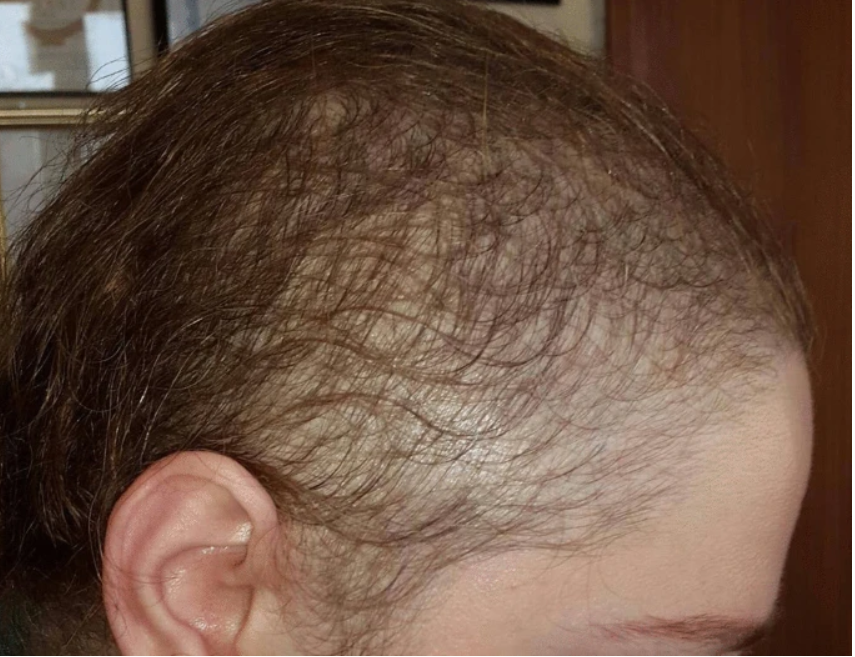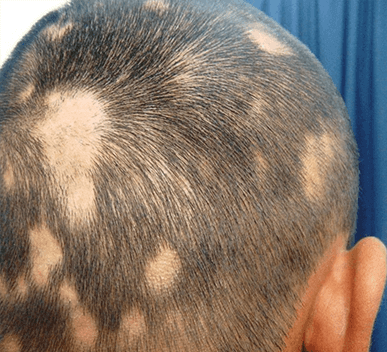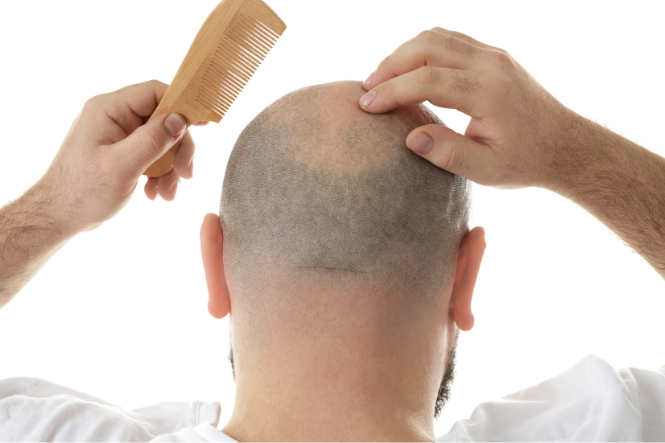Discover the intricate connection between stress and hair loss through scientific research and practical advice to manage stress and maintain healthy hair.
Table of Contents
Introduction
Hair loss can be an emotionally challenging experience, impacting an individual’s self-confidence and overall well-being. While numerous factors can contribute to hair loss, the role of stress should not be underestimated. In this comprehensive guide, we will explore the relationship between stress and hair loss, backed by scientific evidence, and provide practical tips for managing stress to promote healthier hair.
The Connection Between Stress and Hair Loss
Understanding Stress-Related Hair Loss
Stress-related hair loss can manifest in three primary forms:
- Telogen effluvium: This type of hair loss occurs when a significant number of hair follicles enter the resting phase due to stress, resulting in hair shedding after a few months.
- Alopecia areata: This autoimmune disorder causes the immune system to attack hair follicles, leading to hair loss in small, round patches.
- Trichotillomania: (hair pulling disorder) A psychological condition in which an individual pulls out their hair in response to stress, anxiety, or other emotional triggers.



The Biological Mechanisms Linking Stress and Hair Loss
Research has established that stress can have a profound impact on hair growth and hair follicle health. Stress increases the production of cortisol, a hormone known to disrupt the hair growth cycle and potentially cause hair loss [1]. Furthermore, stress can induce inflammation, which may damage hair follicles and inhibit hair growth [2].
Real-Life Example: Overcoming Stress-Induced Hair Loss
Jane, a 35-year-old woman, started experiencing significant hair loss after a series of stressful life events, such as losing her job and dealing with a family member’s illness. Upon consulting a dermatologist, she was diagnosed with telogen effluvium. By addressing her stress levels and seeking appropriate treatment, Jane’s hair eventually returned to its previous condition.
Managing Stress to Prevent Hair Loss: Practical Tips
Implementing the following strategies can help minimize the impact of stress on hair loss:
- Identify and address stressors: Recognize the sources of stress in your life and develop a plan to manage them effectively, which may include delegating tasks, setting boundaries, or seeking help from others.
- Develop healthy coping mechanisms: Engage in activities that help you cope with stress, such as meditation, yoga, exercise, or pursuing hobbies that bring you joy.
- Seek professional help: If stress becomes overwhelming, consider talking to a mental health professional or counselor for guidance and support.
- Maintain a balanced diet: A well-balanced diet rich in essential vitamins and minerals, such as vitamins A, C, and E, biotin, zinc, and iron, can promote hair health and overall well-being.
- Prioritize sleep: Ensure you are getting adequate restorative sleep by establishing a consistent sleep schedule and creating a relaxing bedtime routine.
- Stay connected: Maintain a strong support system of friends and family to share your feelings and concerns, as social connections can be a powerful stress reliever.
Additional Steps to Support Hair Health
Besides managing stress, consider these additional steps to promote healthier hair:
- Gentle hair care: Use a mild shampoo and conditioner, and avoid harsh chemical treatments or heat styling tools that can damage hair.
- Scalp massage: Regular scalp massages can improve blood circulation, promoting hair growth and relaxation.
- Hair supplements: Consult with a healthcare professional to determine if hair supplements, such as biotin or fish oil, could be beneficial for your specific situation.
- Stay hydrated: Proper hydration is essential for overall health, including hair health. Drinking enough water throughout the day helps support hair growth and strength.
- Avoid tight hairstyles: Hairstyles that pull on the hair, such as tight ponytails or braids, can cause stress on the hair follicles and potentially lead to hair loss.
- Limit exposure to environmental stressors: Protect your hair from excessive sun exposure, pollution, and chlorinated water by wearing a hat, using hair products with UV protection, and rinsing your hair after swimming.
In Conclusion: The Importance of Managing Stress for Healthy Hair
The connection between stress and hair loss is undeniable, and understanding this relationship is crucial for managing stress and maintaining hair health. By incorporating the practical tips mentioned above, seeking professional help when needed, and taking additional steps to support hair health, you can mitigate the impact of stress on your hair and overall well-being.
Remember that it is essential to address the root cause of your stress and find effective strategies to manage it. The journey to healthier hair is not just about external care but also about nurturing your mental and emotional well-being.
References
[1] How stress causes hair loss. Link
[2] Stress Hormone Causes Epigenetic Changes. Link
Warning: Do not attempt self-medication or self-treatment. Always consult with a medical professional before making any changes to your health regimen.
-
Q: Will hair loss from stress grow back?
A: Yes, in most cases, hair loss from stress is temporary and reversible. Once the underlying stress is managed and the stress levels decrease, hair growth typically resumes, and lost hair will gradually grow back. However, the process may take several months, and individual experiences may vary.
-
Q: How can I stop my hair falling out due to stress?
A: To stop hair loss due to stress, you need to address the root cause and effectively manage your stress levels. You can do this by identifying your stressors, developing healthy coping mechanisms, seeking professional help, maintaining a balanced diet, prioritizing sleep, and staying connected with a support system. In addition, follow the additional steps mentioned in the article to support hair health, such as gentle hair care, scalp massages, and avoiding tight hairstyles.
-
Q: What does stress hair loss look like?
A: Stress hair loss can manifest in different forms, depending on the type of hair loss:
Telogen effluvium: Hair shedding occurs diffusely across the scalp, resulting in thinner hair. The hair loss may be more noticeable while washing or brushing your hair.
Alopecia areata: Hair loss appears in small, round patches on the scalp or other parts of the body, leaving smooth, hairless areas.Trichotillomania: Hair loss occurs in irregular patches, often with broken or uneven hair lengths due to the act of pulling out the hair.
-
Q: Does stress and anxiety cause hair loss?
A: Yes, stress and anxiety can cause hair loss. When an individual experiences stress or anxiety, the body’s production of cortisol increases, potentially disrupting the hair growth cycle and leading to hair loss. Additionally, stress can trigger inflammation, which may damage hair follicles and inhibit hair growth. Addressing stress and anxiety is essential for preventing stress-related hair loss and maintaining healthy hair.


The Benefits of Quality Sleep for Your Body
healing power relaxation.